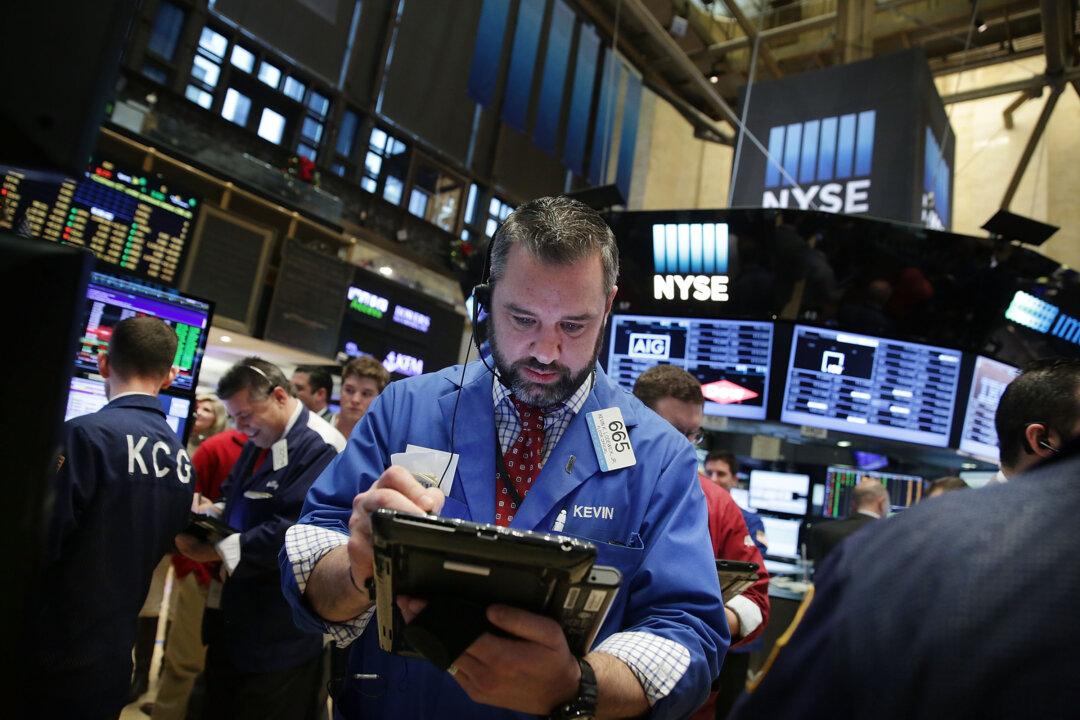Nobody knows whether the Fed will raise rates again in June, not even Fed officials.
So it seems kind of pointless Chinese officials would ask their U.S. counterparts whether there would be a rate hike as Bloomberg reports, citing people “familiar with the matter.”
In fact, U.S. officials may ask their Chinese counterparts whether raising rates would not hurt anybody. San Francisco Fed President John Williams said as much during a speech at the Council on Foreign Relations this week.
“I don’t know what will happen in June, it depends on the data,” with data meaning uncertainty and capital flight in China. “It’s a factor in the decision for June and we could hold off until July.”
One thing, however, is certain. When a Fed rate hike becomes more likely, the Chinese currency feels the pressure—it’s down almost one percent over the past month to 6.56, which is a lot for the centrally managed exchange rate and very close to the 6.59 level reached in January this year.






